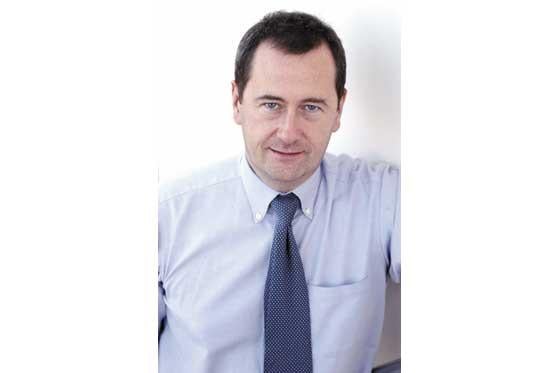
Blogging by senior figures, like Robert Peston and Nick Robinson, has helped fundamentally change the way the BBC delivers its news, the head of the corporation’s College of Journalism said today.
Kevin Marsh told the Journalism Rewired conference that the BBC had shifted its news focus away from its traditional TV bulletins, instead adopting a ‘live and continuous’ethos centred on multimedia content on the web.
Since the BBC moved its news operation to a multimedia newsroom in April 2008 journalists, such as business editor Peston and political editor Robinson, were now willing to break stories on their blogs rather than just on flagship TV bulletins, Marsh told the Newsrewired conference, in London.
He said: “Blogging has done more to change the way journalism works than anything else thus far…without really intending to have it has pulled us away from the idea that a story isn’t a story until it appears on the 10 [o’clock News].”
Peston famously used his blog in September 2007 to reveal that Northern Rock had applied to the Bank of England for an emergency loan.
This eventually led to the first run on an English bank for more than a hundred years.
Marsh said it was wrong to categorise big news organisations, like the BBC, as being unresponsive to the rapidly changing journalism industry.
He said: “Big news organisations, those that are pretty permanent like the BBC, are changing organically and dynamically. This is not the Kremlin here, these organisations are changing from within.”
Marsh said it was a mistake to assume that new, smaller “cottage industry” forms of “entrepeneurial journalism” were the only way forward and that they would somehow supplant large media organisations.
He said: “If you have an image that big news organisations are plumped up, overweight monsters lumbering around and continually being jabbed at by fleet-of-foot ideas about journalism, it ‘aint really so.”
The BBC was responsive to “bottom-up” change, said Marsh, and detailed how the corporation had developed the use of “story communities” to improve news delivery.
He said ad-hoc communities of journalists at the BBC had started by using Microsoft Messenger to pull together the range of skills – online mapping, traditional editing and writing, data mining, video and imaging – needed to tell a specific story.
He said: “These communities grow up around a story rather in the way Facebook communities do, they grow and shrink as the story demands.”
However, Marsh sounded a note of caution saying it would be a mistake to assume that journalism was now only about developing new multimedia skills, adding that core established skills were still fundamental.
“One of the big challenges we have teaching and learning multimedia skills is to now place them in the context of where they are likely to be best used in news production.”
Email pged@pressgazette.co.uk to point out mistakes, provide story tips or send in a letter for publication on our "Letters Page" blog

